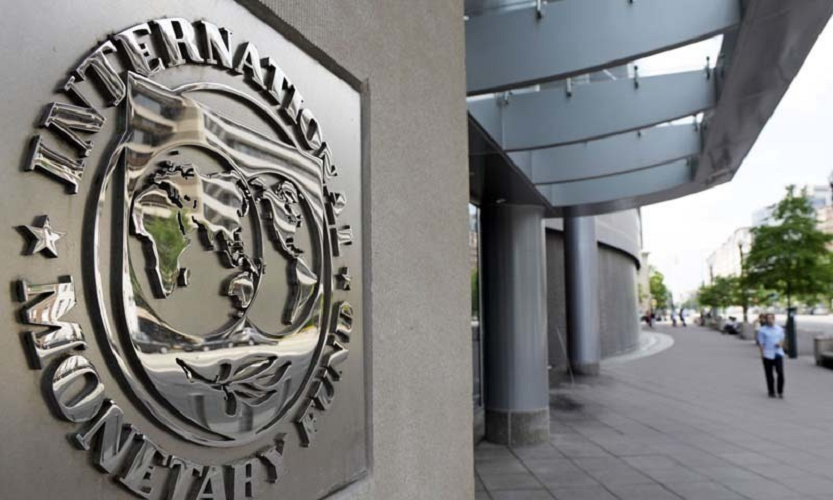According to officials who did not want to be identified, the IMF has asked Pakistan to take more steps to increase income tax, sales tax, and regulatory duties collection, and has urged the Federal Board of Revenue (FBR) to take steps in this regard to raise the annual tax collection target from Rs5.8 trillion to Rs6.3 trillion.
According to authorities, the IMF has also urged the government to eliminate or severely decrease all types of subsidies.
It has also requested that the privatisation initiative be accelerated and that a deadline be established for the auction of state-owned firms that are losing money.
According to FBR data, net revenue collection in September was Rs535 billion, up 31.2 percent from the net revenue of Rs408 billion in September previous year.
In the first quarter of this fiscal year, the FBR generated net revenue of Rs1395 billion, which is Rs186 billion higher than the objective set for the time.
After a 15-month hiatus, the State Bank of Pakistan hiked its policy rate from 7% to 7.25 percent last month, with Finance Minister Shaukat Tareen claiming that the rise was attributable to the IMF programme.
Pakistan got $2.75 billion in Special Drawing Rights (SDR) from the IMF in August to deal with the COVID-19 problem. With the transfer of $2.75 billion, Pakistan’s foreign exchange reserves increased to $27.4 billion.
The IMF executive board authorised a three-year $6 billion loan in 2019 to assist Pakistan’s economic strategy, which aims to return the country’s economy to sustainable growth and raise living standards.

